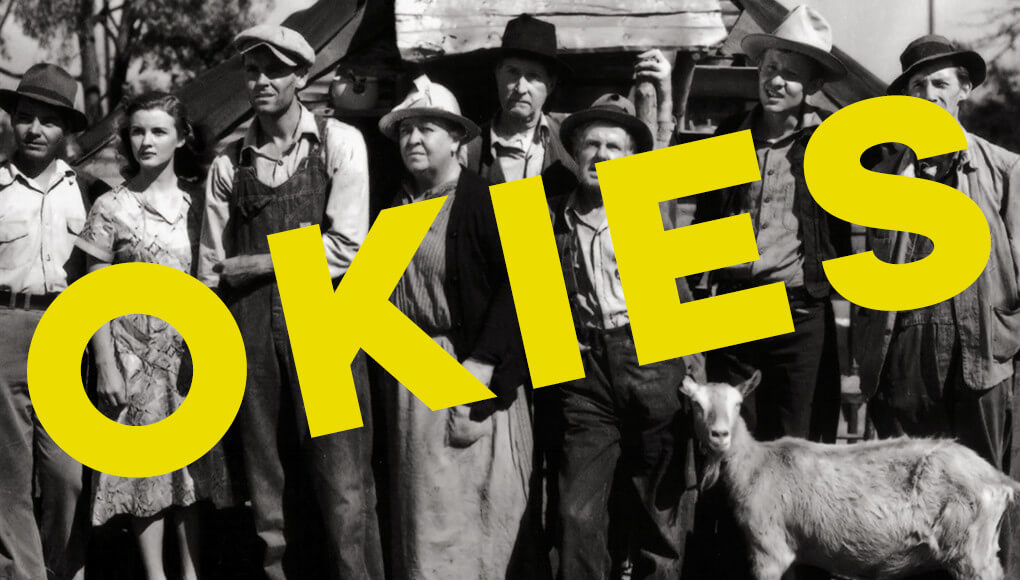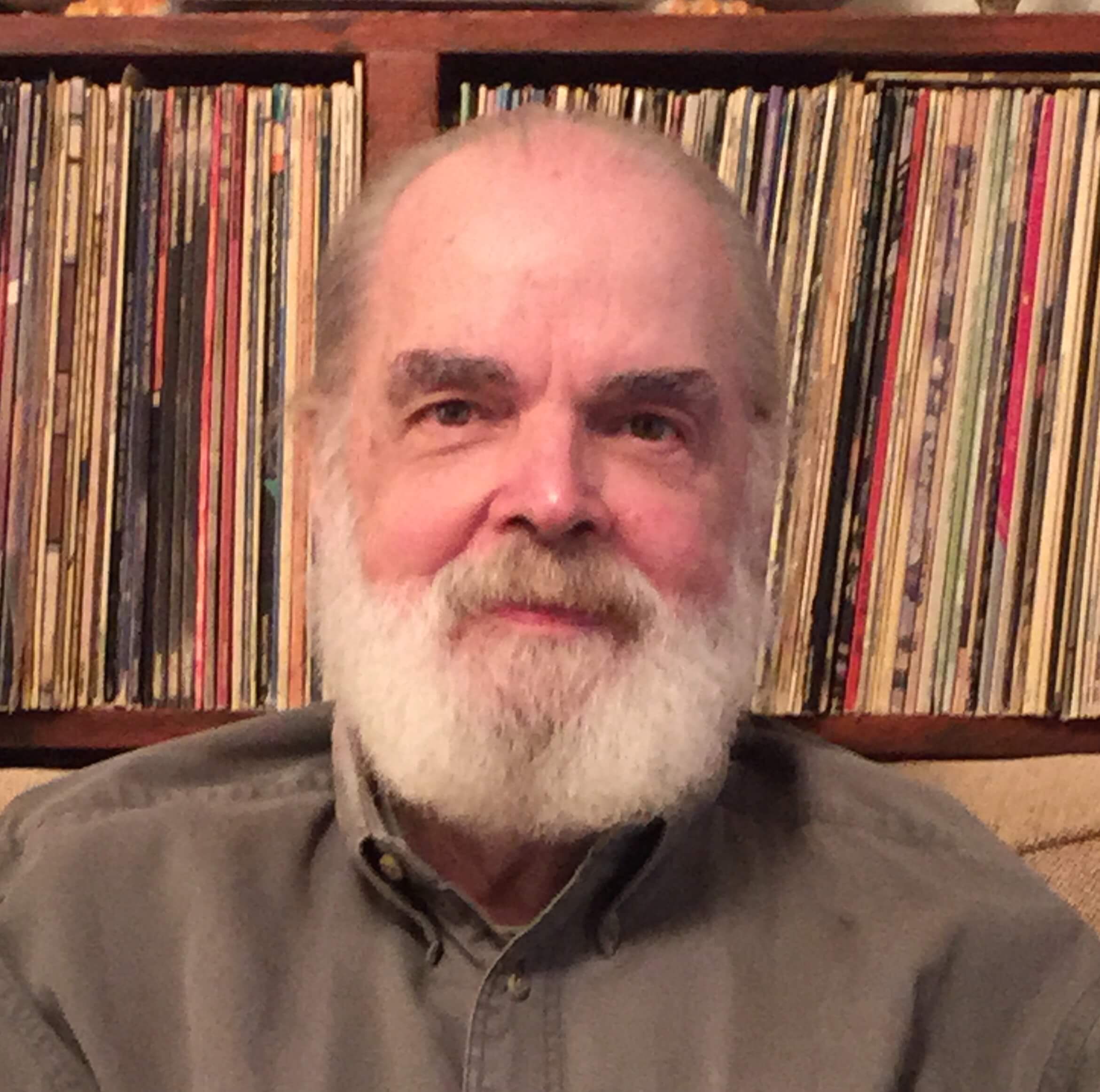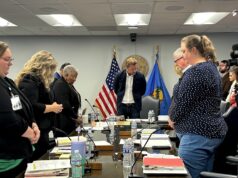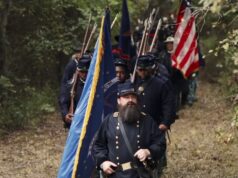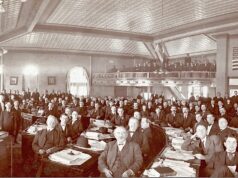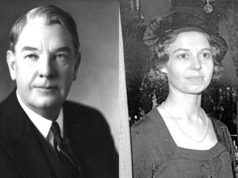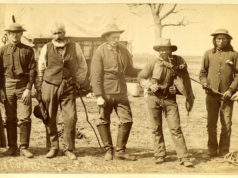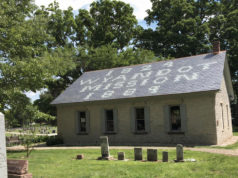
The term “Okie” is the presumed pejorative with which Oklahomans have been coping in one way or another since 1939 when John Steinbeck publicized it in “The Grapes of Wrath.” Instead of despising a New Englander for publicizing a slur developed by Californians, it would be better for Okies to attend to their history and concern themselves with the origins and meaning of the ultimate 19th-century insult, the word “Sooner,” especially as it exists in concert with the word “Boomer.”
Boomers and Sooners were two kinds of criminals. In the late 1870s, Boomers, notably led by David L. Payne until his death in 1884, were so named because they were “booming,” or making considerable noise, about opening Indian Territory to Anglo settlement. Payne led groups of Boomers — would-be settlers in search of a homestead — into Indian Territory where they camped until they were seen, reported, and arrested for the crime of trespass upon Indian land. Among those carrying out the arrests were black U.S. cavalrymen, the famed Buffalo Soldiers, on rotation from chasing Geronimo around the Southwest.
Boomer propaganda exploited that fact, so that right-thinking people in the eastern United States would understand that blacks were arresting whites for trespassing on Indian land and thereby threatening the established social order. Public pressure built, and President Benjamin Harrison presided over the opening of a portion of Indian Territory to white settlers on April 22, 1889.
The event, dubbed “Harrison’s Horse Race” by cynics, was preceded by a period during which would-be settlers could enter the area to be opened, look around, and identify desirable quarter-sections of land. Thereafter, everyone was supposed to leave and wait until the starting gun on April 22, whereupon folks would race in and claim their homesteads. Everyone was to have an equal chance, in the official view.
“Sooners” were people who wanted a more than equal chance. They intended to claim the best acreages, the ones with wood and water on them. They tried to make sure that they would arrive at their chosen spots before anyone else did. Thus, prior to April 22, they entered the Unassigned Lands, as the area to be opened had been named; and they did so surreptitiously, covertly, under cover of darkness, trying to avoid the Army patrols that would arrest them. Expulsion from the area was not the only penalty Sooners faced. If convicted, they would be forever excluded from acquiring so much as a square foot of pubic land. David Payne and his Boomers had known that the law against trespass was without teeth. Boomers knew they faced no serious penalty. Sooners did not enjoy that advantage.
Beginning in the afternoon of April 22, 1889, if you called a man a Sooner, you were calling him a liar, a cheat, and a thief, all with one convenient word. The Sooner State, indeed. (The eventual popularity of the word Sooner may have derived from the university’s first official “yell” in 1895: “Hi rickety whoop te-do; Boomer, Sooner, Okla. U.” Adding a punchline to this might seem unnecessary, but more information on that chant can be found in “The University of Oklahoma: A History, Volume I, 1890-1917” by David W. Levy.)
It would have been more appropriate to name Oklahoma the Boomer State, for a couple of reasons. First, Boomers were, in the eyes of the general public, more benign creatures. They were only trying to steal from Indians, which was hardly viewed as thievery. Sooners, in contrast, were attempting to steal from white people, an act which aligned them with the criminal class. Calling someone a Sooner could get you killed, whereas the Boomer label carried with it a faint whiff of pioneering spirit.
Thus, we have named ourselves after liars, cheats and thieves. But not to worry: Nobody outside the state knows what Sooner means.
So, go Sooners. But watch where you’re going.









